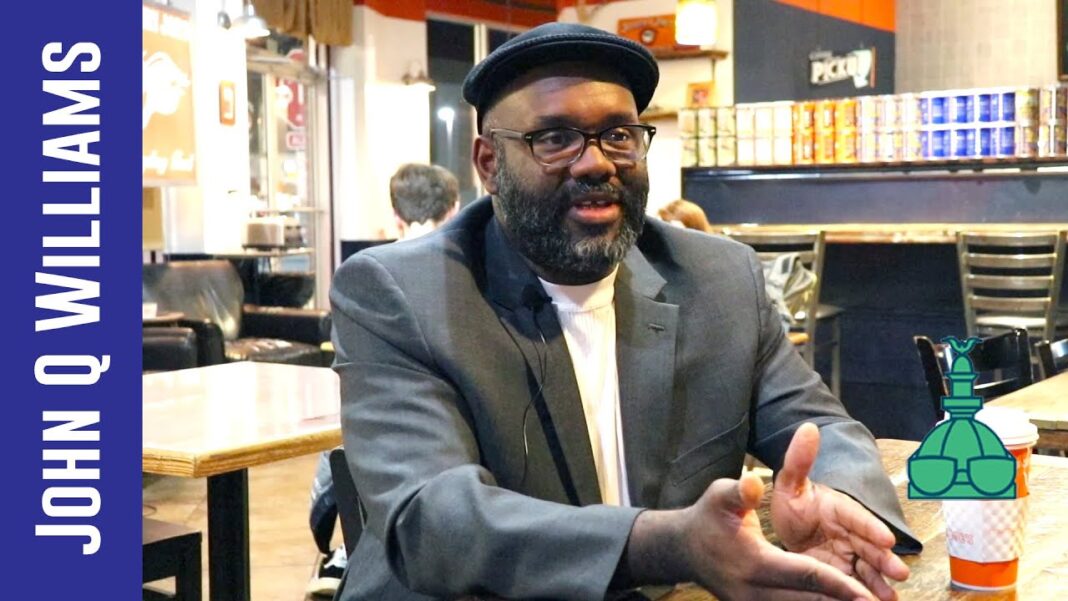Dozens of Jan. 6 cases might be impacted after the court’s ruling on Friday.
An appeals court in Washington unanimously ruled that a Jan. 6 defendant’s sentence was improperly enhanced, a move that could impact numerous other Jan. 6 cases.
On Friday, the U.S. Court of Appeals for the D.C. Circuit ruled that Larry Brock, who was convicted for a range of crimes related to Jan. 6, improperly had additional charges of “interference with the administration of justice.” The judge who wrote the court’s opinion wrote that the charge doesn’t apply to a sentencing enhancement, however, and struck it down.
“Brock challenges both the district court’s interpretation of Section 1512(c)(2)’s elements and the sufficiency of the evidence to support that conviction,” wrote the judge, Patricia Millett.
The judge, who was appointed by President Barack Obama, concluded that any interference with Congress’ certification of the 2020 electoral votes isn’t tantamount to a sentencing enhancement.
“Because Section 2J1.2’s text, commentary, and context establish that the ‘administration of justice’ does not extend to Congress’s counting and certification of electoral college votes, the district court erred in applying Section 2J1.2(b)(2)’s three-level sentencing enhancement to Brock’s Section 1512(c)(2) conviction,” the judge wrote.
The judges, in siding with Mr. Brock, wrote that Congress’ function on Jan. 6 was not judicial but was only a part of the 2020 presidential election process.
“Taken as a whole, the multi-step process of certifying electoral college votes—as important to our democratic system of government as it is—bears little resemblance to the traditional understanding of the administration of justice as the judicial or quasi-judicial investigation or determination of individual rights,” the panel concluded.
Law enforcement officials who were there at the Capitol on that day, they added, were “to protect the lawmakers and their process, not to investigate individuals’ rights or to enforce Congress’s certification decision.”
“After all,” the judges wrote, “law enforcement is present for security purposes for a broad variety of governmental proceedings that do not involve the ‘administration of justice’—presidential inaugurations, for example, and the pardoning of the Thanksgiving Turkey.”








